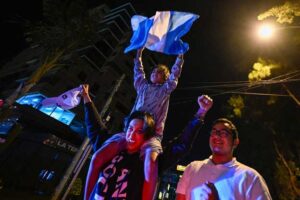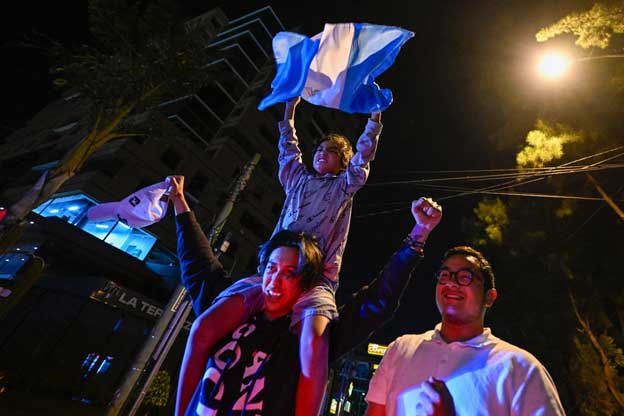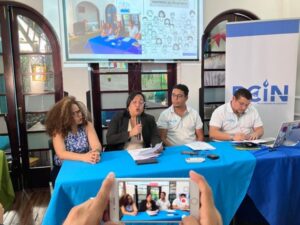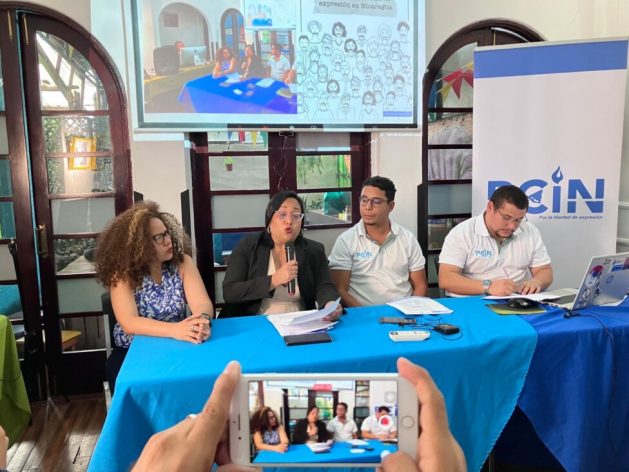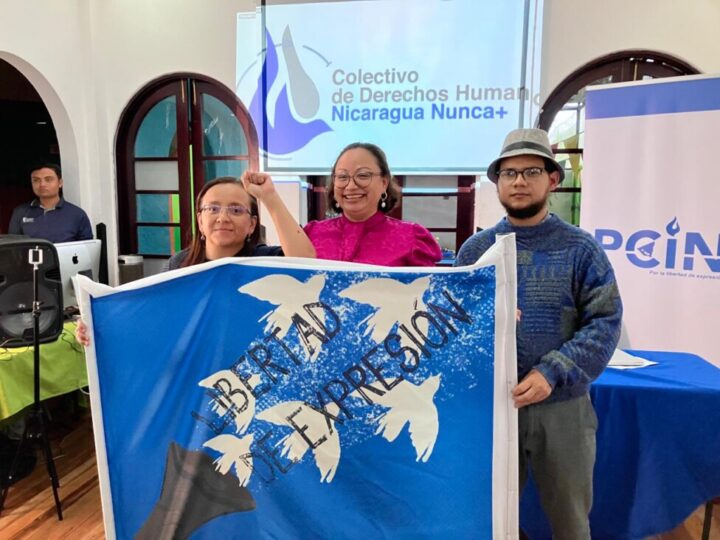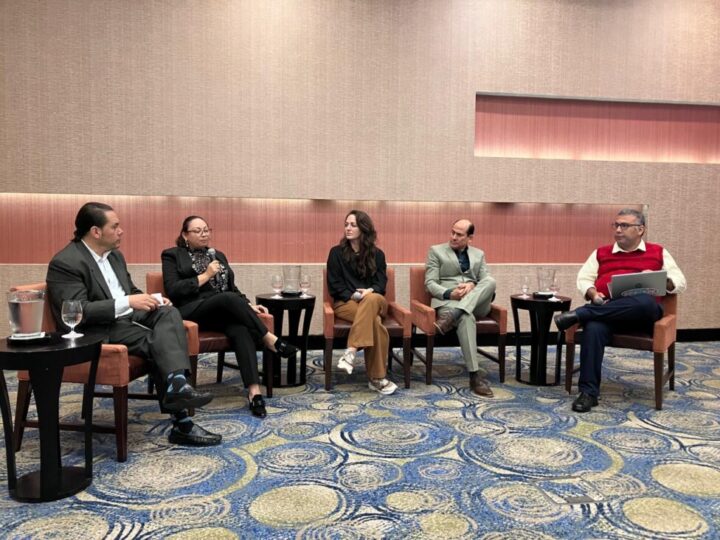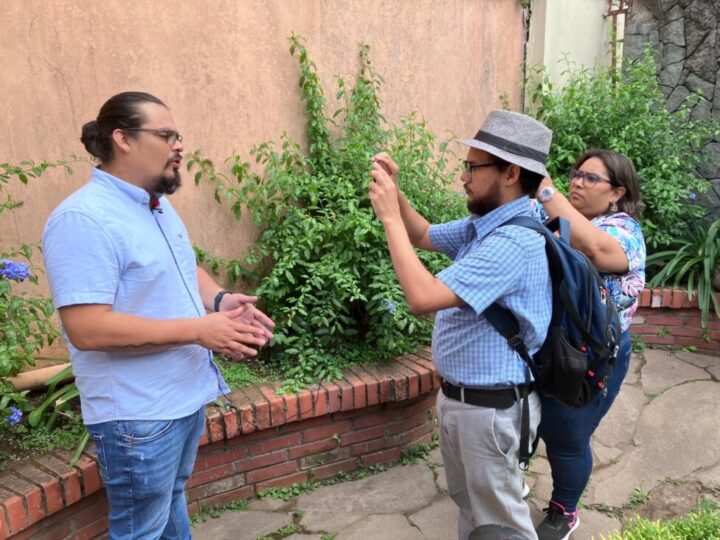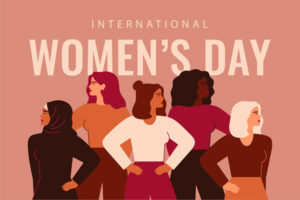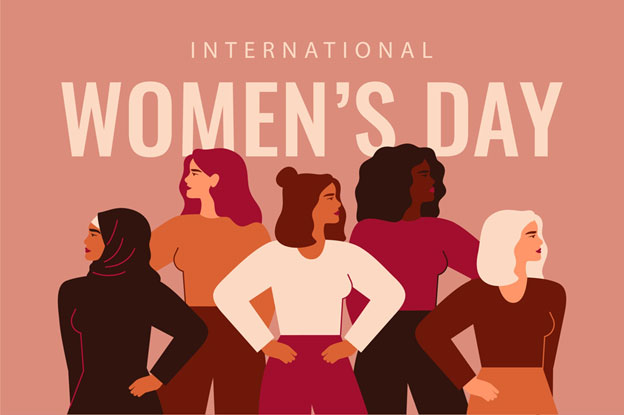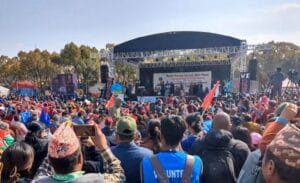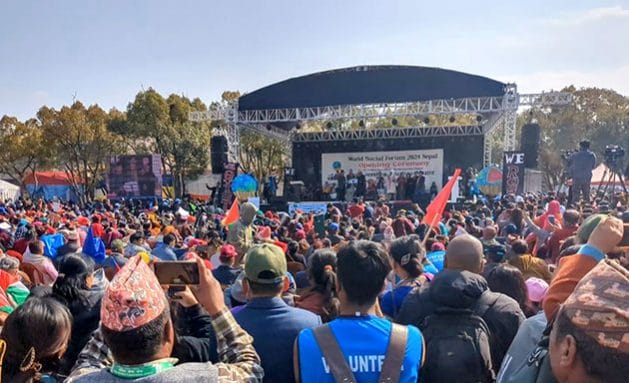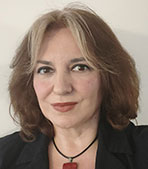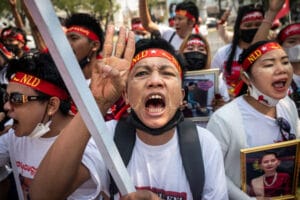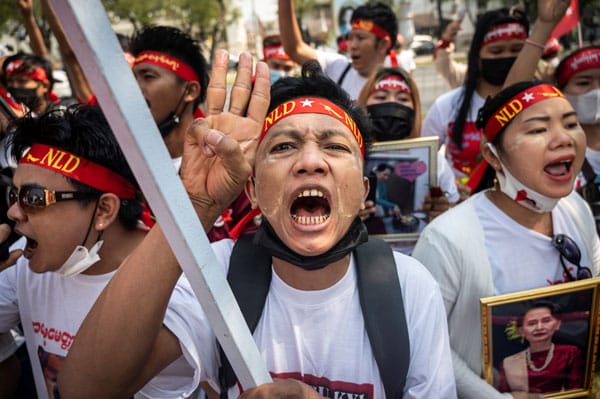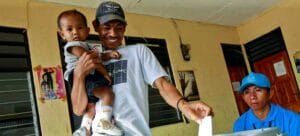
Asia-Pacific, Civil Society, Democracy, Global Governance, Headlines, Human Rights, IPS UN: Inside the Glasshouse, TerraViva United Nations
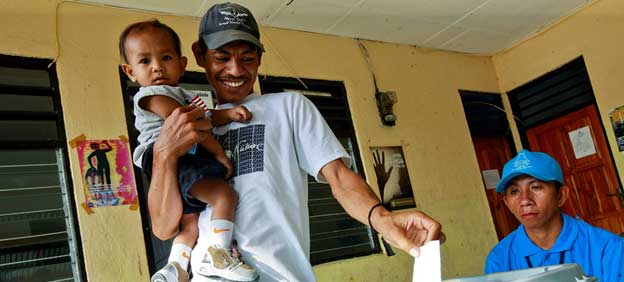
A smiling Timorese casts his vote at the Second National Village Council (sucos) elections while an election worker looks on. Credit: UN Photo/Martine Perret
– Over four billion people will take to the polls in 2024 as 76 countries are set to hold elections. In Asia, this includes populous countries such as Bangladesh, India, Indonesia, Pakistan, and Russia.
These elections range from the world’s largest multi-day legislative election in India, to Indonesia, where the biggest single-day vote took place for the presidential poll in February. These elections will have lasting impacts for many years to come.
In order to vote, eligible citizens need to be included in voter lists. Accurate and credible voter registration is important to ensure trust in the electoral process. Voter lists represent consolidated, official lists of all persons eligible to vote.
But they are often costly and complicated endeavors. This is where civil registration and identity management is an integral structural support for voter registration. A strong Civil Registration and Vital Statistics (CRVS) system not only secures an individual’s legal identity and the resulting human rights, but also supports the collection of voter information, reinforcing the national voter list integrity by linking it with the civil register.
All voter registration systems are broadly categorized as “active” or “passive”. In countries employing ‘active’ systems, the responsibility lies on the shoulders of the individual to update their information which ensures their eligibility to vote. This in turn means that many eligible voters may never be included in the voter list.
The ‘passive’ system, on the other hand, is when voter lists are generated from existing databases such as civil or population registers. Globally, a total of 69 countries (40 per cent) extract data from a civil or population register for their national voter list.
While there is no definitive standard for how voter lists should be produced, countries with a robust and universal CRVS system stand to gain numerous benefits. For the voter, it reduces the burden of having a separate and potentially cumbersome process. For example, consider a woman who marries and subsequently changes her name and residence.
This affects which electoral district or subdivision she belongs to. A well-functioning population register which collects up-to-date information on the occurrence of vital events would facilitate the automatic update of the voter list, ensuring her inclusion in future elections.
Governments also benefit from voter lists established based on civil registers. It has the potential to incur significant savings in financial and human resources needed to compile an independent voter list, and also helps prevent inflated voter numbers as people are automatically removed upon their death.
Traditionally, in countries lacking a robust CRVS system, the electoral management body produces its own voter list, which also has some potential benefits. People who do not own legal identity documents may be included through community identification i.e. on the testimony of village chiefs or teachers.
The choice of voter registration system requires a careful balance between inclusion and accuracy, as well as consideration for the country context. However, robust CRVS/ID systems can contribute to the efficiency, inclusiveness, and accuracy of voter lists.
In the Asia-Pacific region, 15 countries rely solely on data extracted from population or civil registries, while a further eight countries create voter registration lists through a combination of register data and efforts by electoral management bodies.
However, many people are unable to vote because they lack the required ID. Marginalized population groups and people in vulnerable situations often remain ‘invisible’ to their government because their existence has never been recognized through birth registration, potentially creating a barrier for participation in electoral processes. Inclusive electoral processes go hand in hand with complete and universal legal identity.
In Vanuatu, electoral and civil registration authorities joined hands to digitally transform the civil registration system with an aim to produce accurate and credible voter lists, with support from UNDP/Vanuatu Electoral Environment Project (VEEP), funded by the Government of New Zealand.
Although the initial basis for developing a comprehensive civil register based on unique identity arose from the need for accurate voter lists, the initiative has had a far-reaching impact for the overall development of the country through digital transformation.
The new Integrated Identity Management System in Vanuatu is supported by legal reforms to digitally transform civil registration in Vanuatu and is becoming the digital backbone of the Government, as well as the private sector.
Multiple government departments and other partners such as Vanuatu Society for People with Disabilities, are working together on a campaign ‘Disability bai no limitim’ to increase the registration of persons with disabilities, ensuring that they have a national identity card and thus facilitating their right to vote.
The collaborative efforts to improve CRVS goes beyond Vanuatu, as exemplified by the Brisbane Accord Group and the Asia Pacific CRVS Partnership. ESCAP and UNDP are working with partners to support governments in achieving the shared regional vision of universal and responsive CRVS systems that facilitate the realization of their rights, support good governance, health and development.
Chloe Harvey is Associate Population Affairs Officer, Statistics Division, ESCAP; Tanja Sejersen is Statistician, ESCAP; Risa Arai is Programme Specialist (Legal Identity), Governance, BPPS, UNDP and Anne-Sofie Gehard is Chief Technical Adviser & Project Manager, Vanuatu Electoral Environment Project (VEEP), UNDP.
IPS UN Bureau

